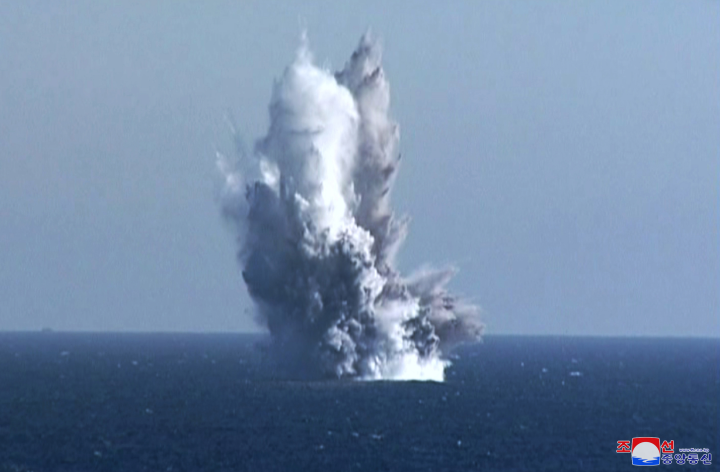The mighty USSR where we were born, raised and educated suddenly collapsed like a house of cards. When the dream of the ancestors was beginning to come true, the foundations of a sovereign state were shaping and it was time to join the global community, I was destined to become a diplomat. I accepted that as a gift of fate. Despite the difficulties of the transition period, we strived to emerge from it with dignity and spent thirty years implementing the foreign policy of our country having assumed the responsibilities of the diplomatic profession the subtleties of which no one taught us.
Owing to the environmental knowledge I gained as well as the fact that I studied in such a megapolis as Moscow I managed to achieve a certain level of environmental culture. As early as in the first days of my service, I was tasked to examine the issue of the Aral crisis that nobody in the Office wanted to tackle.Environmental issues were openly disregarded not only by my colleagues but also by the Office Chief himself.
The first steps in the field of environmental diplomacy were made via large-scale disclosure of the Aral Sea problem to the global community and involvement of both international organizations and major states in solving that problem. The first thing we did was to send a letter to the leaders of top countries of the world asking for help on behalf of President N. Nazarbayev. In the UN we were reminded that for the World Bank funds to be allocated for combating the environmental disaster, Central Asian countries had to unite and establish their common institution. So, in 1993 the International Fund for Saving the Aral Sea (IFAS) was established whose founders were the leaders of Central Asian countries. The key IFAS task was to finance join practical actions and program projects on environmental recovery of the Aral Sea basin and on improving the socio-economic situation of the region’s population with the involvement of the international community. The IFAS President rotates every four years. The IFAS coordinated the combat against the effects of the Aral Sea crisis. At the same time,the IFAS implements its projects and programs aimed at solving the regional social and environmental problems with the active participation of the United Nations Development Program, UNEP, UNESCO and the World Bank, the Asian Development Bank, as well as governments of the donor countries: Germany,Denmark, Israel, Canada, the Netherlands, the USA, Switzerland, Sweden, etc.
The importance of the process of creating nuclear-weapon-free zones (NWFZs) is gradually increasing for the cause of fighting for non-proliferation of nuclear weapons and regional security. Creation of NWFZs began during the Cold War and continued after its end. The end of the Cold War significantly changed the attitudes of the nuclear powers towards NWFZs. However, it can be noted that there are a lot of unresolved contradictions in this area. For example, the current main provisions of the Treaty on the Non-Proliferation of Nuclear Weapons are designed to apply only to the states possessing nuclear weapons. Most probably,this is the reason for the inability of this treaty to fully justify itself. The various religious and political conflicts now unfolding in different parts of the world lead to severe acts of terrorism. If nuclear weapons fell into the hands of those terrorists, it is frightening to imagine the state the world would be in. By now, the world has accumulated 2,000 tons of hazardous substances that cannot be used for military purposes but are indispensable for large-scale deployment of nuclear weapons. It is time to emphasize this problem.
The Kazakhs and the Japanese have every historical and moral right to become one of the leading nations to endorse all movements against nuclear weapons and advocate embarking on the path of their renunciation. We are obliged to do that both by severe suffering incurred by the Kazakh and Japanese peoples and by the spirits of our deceased.
Author:Mursal-Nabi Tuyakbaev,Honored Diplomatic Service Officer of the Republic of
